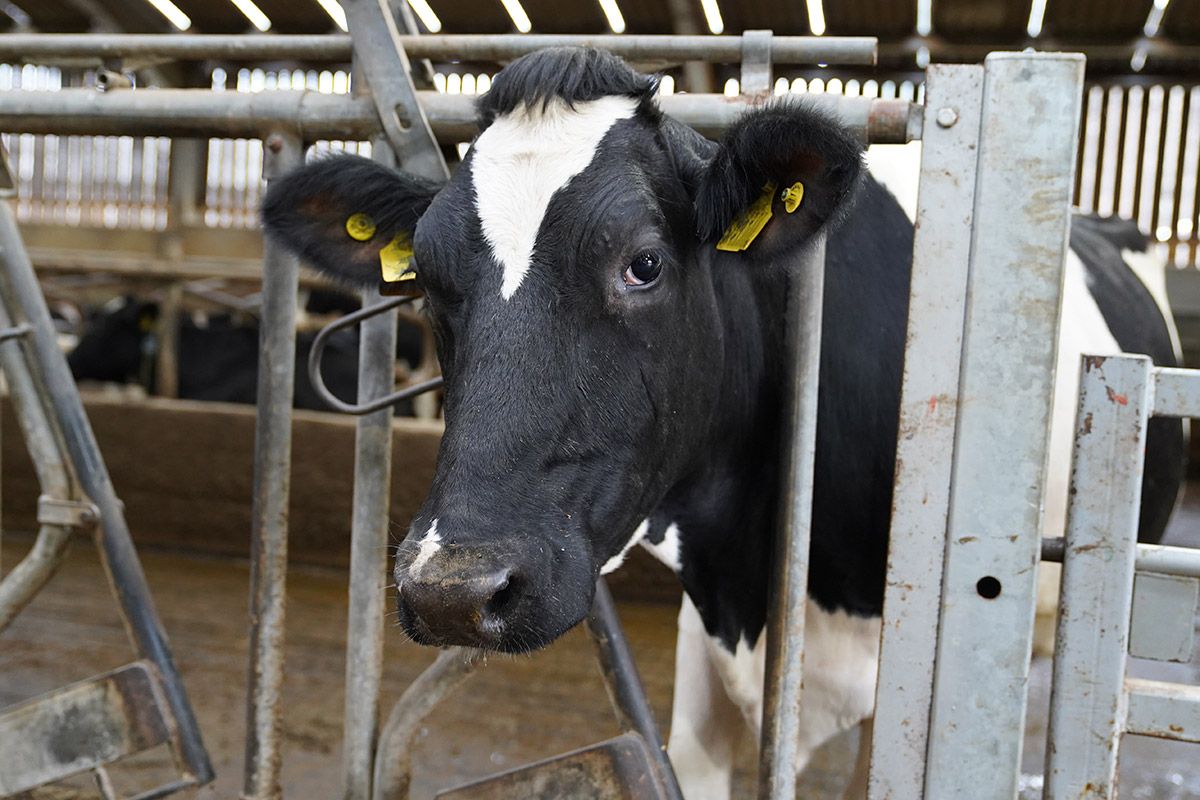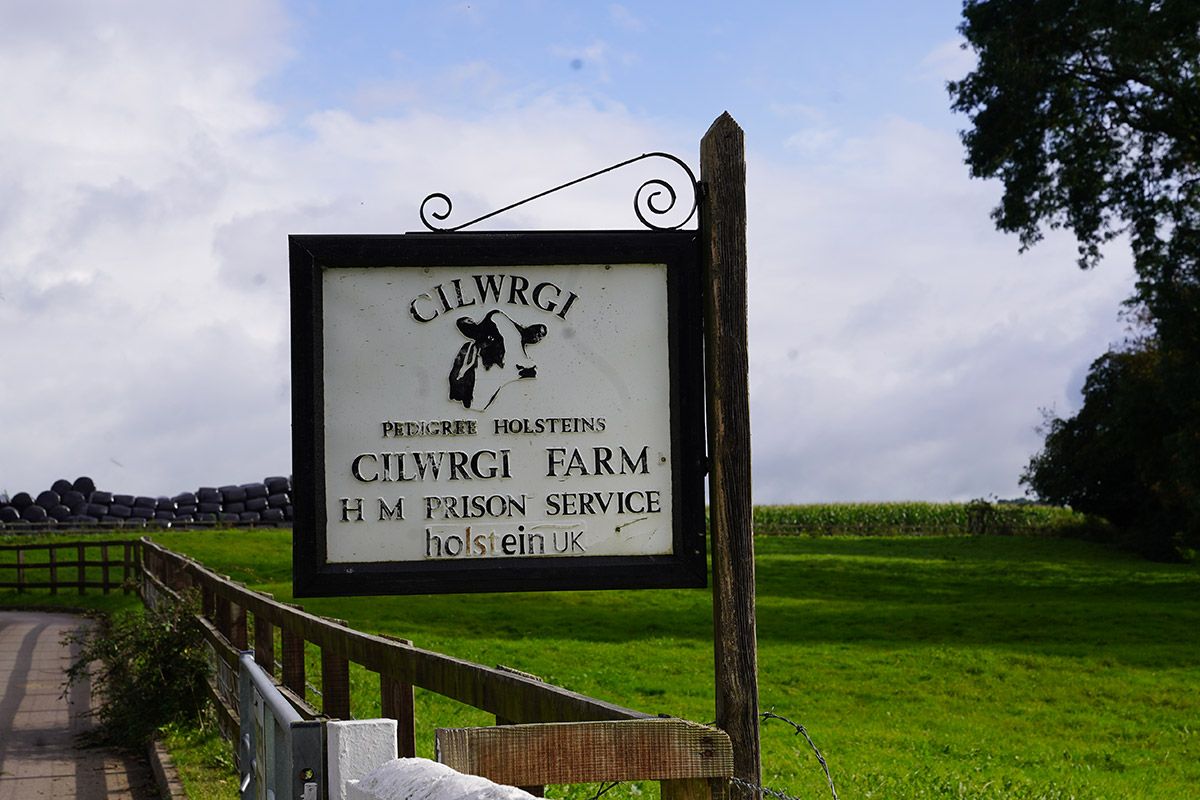News | 19 November 2024
A psychological study by Cardiff Metropolitan University has highlighted how the interaction between prisoners and dairy cows could create positive behaviour changes and help with rehabilitation, reducing the risk of prisoners reoffending.

Working with prisoners at the open prison setting of HMP Prescoed in Usk, South Wales, researchers from Cardiff Met were able to examine how prisoners who worked on a dairy farm as part of their prison employment benefitted from working with the animals and as part of a team on the HMPPS-owned Cilwrgi Farm.
Dr Libby Payne is a Senior Lecturer in Forensic Psychology at Cardiff Met and has led on the research. She said: “We know that some people who end up in the prison system have had lives where perhaps they haven’t had care modelled for them.
“Yet, when I was doing my research here at the farm, what I was hearing from the staff was that the prisoners were showing clear care and empathy towards the animals.
“They were having to navigate their emotional responses to situations such as illness or loss within the herd; qualities that may ultimately support them in steering away from crime.
“This research suggests that programmes involving animal care could have lasting impacts on prisoners’ lives and outcomes.”
The research project also highlighted how staff-prisoner relationships are also strengthened through the shared responsibilities at Cilwrgi Farm. According to Dr Libby Payne, the support and mentorship from farm staff encouraged prisoners to build camaraderie and emotional resilience, furthering their personal development. Her research found that this bond extended beyond the farm, with prisoners supporting each other in activities like reading and writing, creating a sense of community unfamiliar to many of them prior to their arrival at HMP Prescoed.

Farm Manager at Cilwrgi Farm, Richard Gough said: “The research that Libby has done here at the farm is important, I don’t think there’s been enough research in the past and we really need to look at the impact to mental health. Me and my staff see the benefits of prisoners working with animals and how they respond in a positive way. Contact with animals – whether it be farm animals or companion animals or domestic animals – is a very strong thing that helps rehabilitate prisoners.”
“Learning to control behaviour and emotions and to communicate better is crucial to successful rehabilitation.” Dr Payne added.
Dr Libby Payne will now expand her research to other prison farms where prisoners are working with livestock to explore the experiences of staff and prisoners to see whether this type of work activity can offer skills for rehabilitation outside of employment in the farming sector.
Dr Libby Payne featured on BBC Radio Wales’ Country Focus on Sunday 17 November discussing the project further;
visit BBC Sounds to listen to the programme. The full report and findings from the research is available to read in
The Journal of Forensic Psychiatry & Psychology.
To arrange an interview with Dr Libby Payne or for further information, please contact Cardiff Met’s Press Office:
press@cardiffmet.ac.uk.
